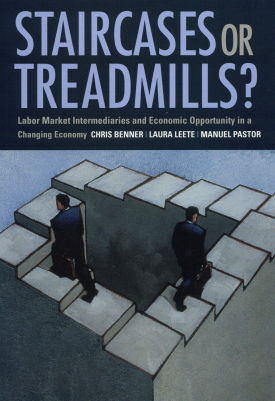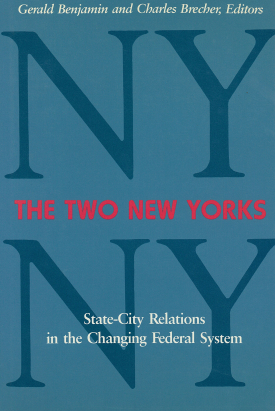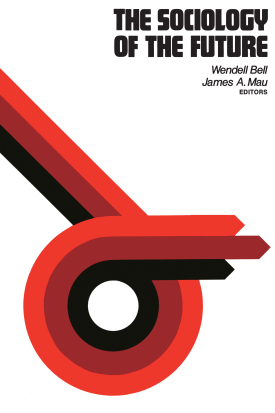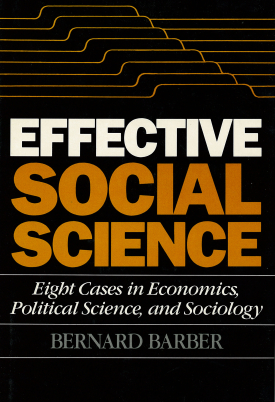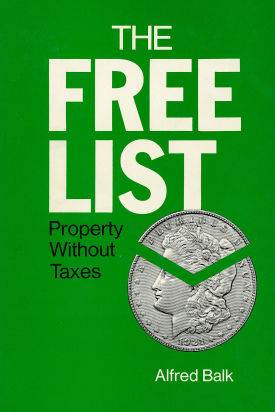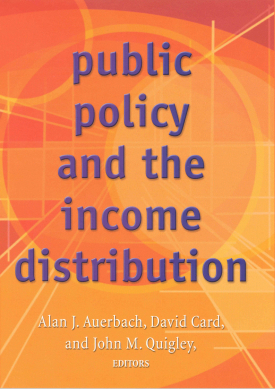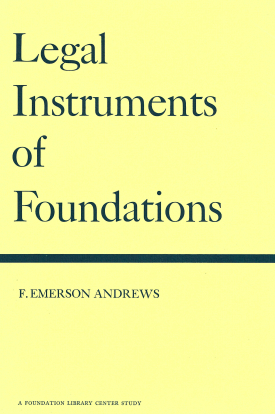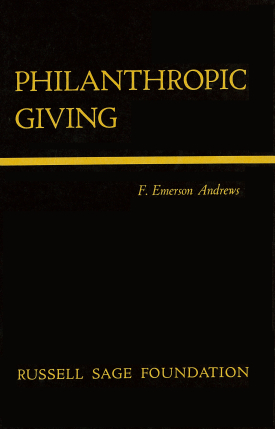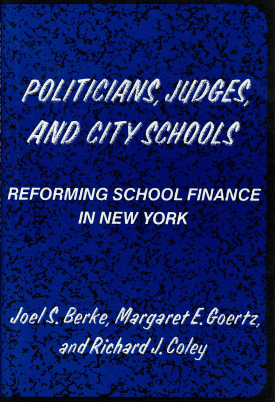
Politicians, Judges, and City Schools
About This Book
During the 1970s, a nationwide school finance reform movement—fueled by litigation challenging the constitutionality of state education funding laws—brought significant changes to the way many states finance their public elementary and secondary school systems. School finance reform poses difficult philosophical questions: what is the meaning of equality in educational opportunity and of equity in the distribution of tax burdens? But it also involves enormous financial complexity (for example, dividing resources among competing special programs) and political risk (such as balancing local control with the need for statewide parity).
For those states (like New York) that were slow to make changes a new decade has brought new constraints and complications. Sluggish economic growth, taxpayer revolts, reductions in federal aid, all affect education revenues. And the current concern with educational excellence may obscure the needs of the poor and educationally disadvantaged.
This book will provide New York’s policy makers and other concerned specialists with a better understanding of the political, economic, and equity issues underlying the school finance reform debate. It details existing inequities, evaluates current financing formulas, and presents options for change. Most important, for all those concerned with education and public policy in New York and elsewhere, it offers a masterful assessment of the trade-offs involved in developing reform programs that balance the conflicting demands of resource equalization, political feasibility, and fiscal responsibility.
"Synthesizes the political and fiscal research [on school finance reform] and applies it to the New York Context....A blueprint for how to redesign state school finance....A fine book." —Public Administration Review
"This is a book that lucidly discusses the issues in school finance and provides valuable reference material." —American Political Science Review
The late JOEL S. BERKE was director of the Education Policy Research Institute of Educational Testing
Service.
MARGARET E. GOERTZ is policy research scientist at Educational Testing Service.
RICHARD COLEY is research associate at Educational Testing Service.

